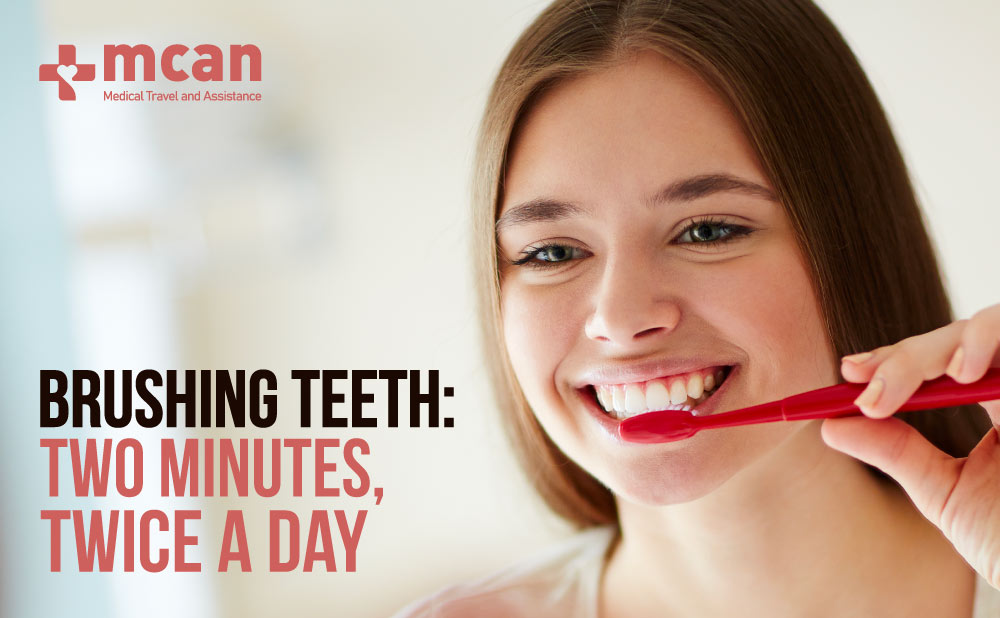
Do you know that various teeth problems individuals go through originate from poor brushing teeth habits? Regular tooth brushing is necessary for maintaining oral hygiene and preventing gum disease and tooth decay. The American Dental Association recommends that individuals brush their teeth for two minutes twice daily. Even though brushing their teeth is easy to perform after meals, most people ignore it, need to pay more attention, or know the proper way to brush. Teeth problems are the most common oral disease because of insufficient attention. As a result, most people lose their teeth; most live with decayed and abscessed teeth. It is a fact that unhealthy teeth decrease the quality of their life, leading to eliminated mouth functionality, bad breath, infections, and tooth sensitivity. Recently, people suffering from missing teeth tend to have dental implants in Turkey to cover the empty area at an really affordable rate. This means there are always ways to cure. However, brushing teeth is a must whether you fix your teeth with implants or other dental treatments.
The Truth About Brushing After Every Meal
Insufficient or excessive brushing can damage the teeth. Therefore, individuals should know the necessary times to brush their teeth. Brushing teeth two times a day is a regular and healthy habit for teeth; however, in some circumstances brushing teeth 3 times a day might be necessary. Also, brushing after eating right away or after every meal can significantly harm your teeth.

Before brushing your teeth, you must consider the type of food and drink you have consumed and its impact on your teeth. Brushing immediately after eating acidic foods or drinks, such as citrus fruits, tomatoes, or sports drinks, can cause further damage to your tooth enamel, which is the protective outer layer of your teeth. The acid can soften your enamel, making it more vulnerable to the abrasive action of brushing. Brushing should be performed at least 30 minutes after eating these foods.
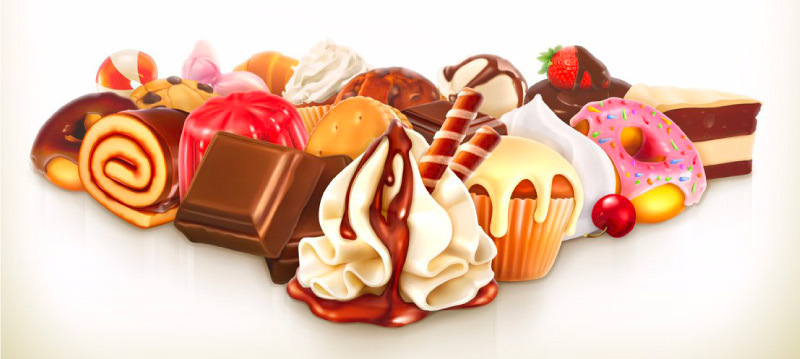
However, there are some situations in which you should brush your teeth after every meal. For example, if you have consumed sugary or starchy foods, it is important to brush or at least rinse your mouth to remove the excess sugar and bacteria that can lead to tooth decay.
If you have a specific oral health concern, such as gum disease, your dentist may recommend brushing after each meal. In these cases, fluoride toothpaste and gentle brushing can help remove harmful bacteria and plaque from your teeth and gums.
Additionally, rinsing off food particles and neutralizing oral acid with water after eating can help lower your risk of tooth decay.
Proper Toothbrush The Key Factor
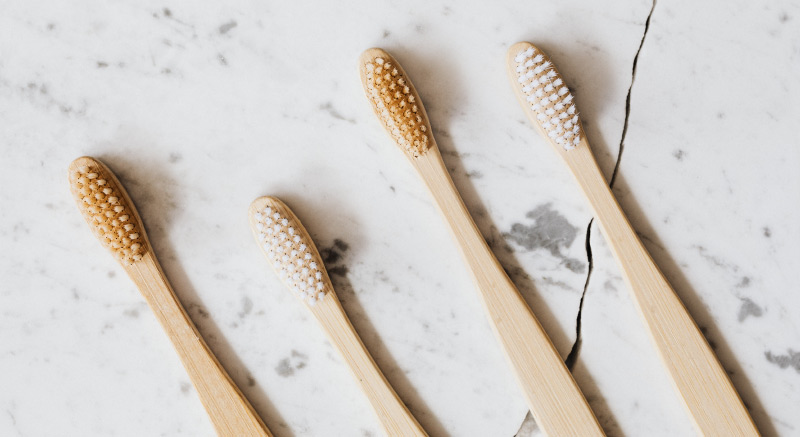
A proper toothbrush is vital to maintaining dental hygiene and protecting teeth from decay. So, how do you choose the best toothbrush for your teeth? The best toothbrush is individual; choosing a toothbrush depends on several factors, including personal preferences, brushing habits, and dental needs.
The first step in determining a toothbrush is determining the type of brush head you prefer according to your needs. There are several options, including soft, medium, and stiff bristle brushes, each with unique benefits. Soft bristles are kind to sensitive gums and teeth, while medium and stiff bristles are better suited for removing plaque and stain buildup.
Consider the handle design after choosing the type of brush head you like. Particularly for people with arthritis or other hand dexterity concerns, the handle should be cozy and simple to grasp.
Whether to Use an Electric or Manual Toothbrush
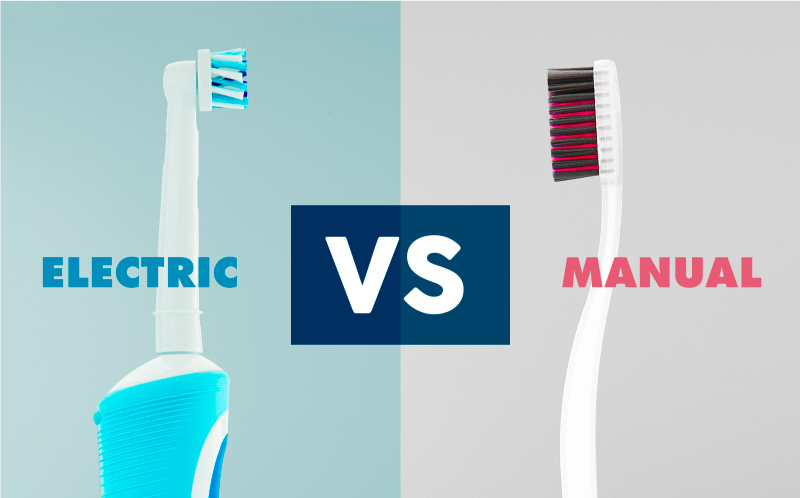
Which toothbrush, electric or manual, should you use? Which one is better? Using an electric or manual toothbrush depends on personal preference and oral hygiene requirements. Both toothbrushes can effectively clean teeth and remove plaque, but electric toothbrushes have some advantages over manual toothbrushes. Electric toothbrushes are equipped with oscillating or rotating heads that can help remove plaque more effectively than manual brushing, especially for people with braces, crowns, or other dental work. They also have timers that can help ensure a full two-minute brushing time, as recommended by dental professionals. Electric toothbrushes often have different brushing modes targeting specific oral health needs, such as gum care or sensitive teeth.
Tips for Better Brushing and A Good Oral Hygiene
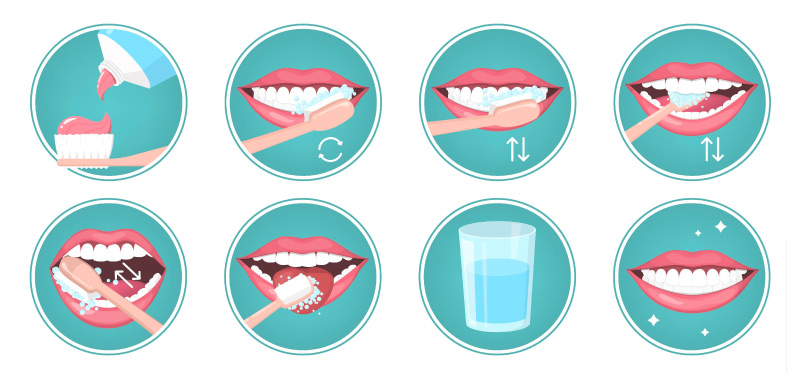
Brushing teeth regularly and properly does many goods for your teeth’ health and oral hygiene. It is essential to give attention not to harm your teeth while brushing. People can sometimes be too hard, which leads to teeth bleeding when brushing. Moreover, some may do the brushing incorrectly, so it loses meaning. That’s why you should follow brushing tips to be sure that you keep your teeth in good condition!
How to brush your teeth better?
Prefer Fluoride
Mineral fluoride helps to strengthen tooth enamel and prevent cavities. So, it is best to use toothpaste that contains fluoride can help protect your teeth from decay.
Go Circular While Brushing Teeth
While brushing your teeth, it is recommended to brush in circular motions rather than back and forth or up and down. This will help remove plaque more effectively and promote healthy gum tissue.
Be Kind: Avoid Brushing Teeth Too Hard
Brushing too hard can lead to severe damage to your teeth and gums. It can cause enamel wear, gum recession, and increased sensitivity. A soft-bristled brush and a gentle brush can help protect your teeth and gums.
You should pay attention to how your teeth and gums feel while brushing teeth, and adjust your style if you experience discomfort.
Use Dental Floss to Clean Between Teeth
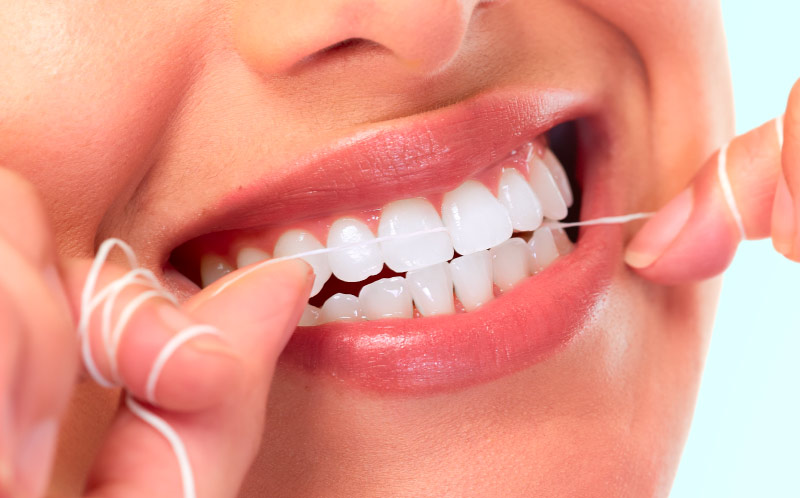
Using dental floss is a critical step in maintaining good oral hygiene. Dental floss helps remove plaque and food particles from between teeth, which a toothbrush can’t reach.
Consider Mouthwash
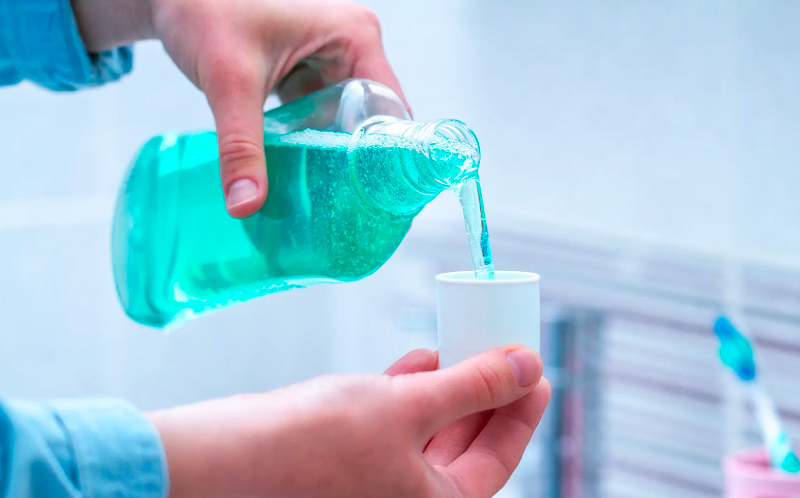
An essential component of oral hygiene is mouthwash. It helps kill bacteria and freshen your breath. It can also help to prevent plaque buildup, gum disease, and tooth decay. Regular use of mouthwash can enhance the effects of brushing and dental flossing and improve overall oral health.
A Parent’s Guide to Brushing Baby’s Teeth
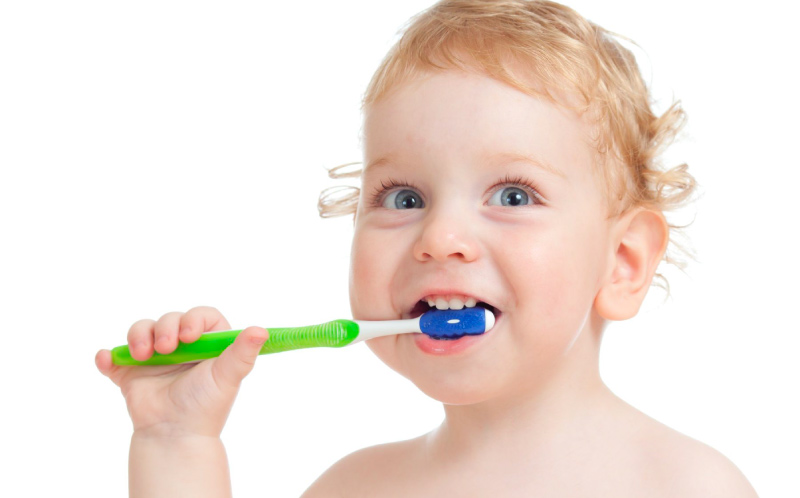
Brushing a baby’s teeth can be challenging, but it’s important to establish good oral hygiene habits. Brushing a baby’s teeth as soon as they come in is recommended, usually around 6 months of age.
1. Brushing a baby’s teeth is best to use a soft-bristled toothbrush designed specifically for babies.
2. Wet the brush in water, then put a small amount of toothpaste, no more than a grain of rice, on the brush.
3. Gently brush the inside and outside of all the teeth using circular motions. Be sure to also brush the gums to stimulate healthy gum tissue. Supervising your baby while brushing is important to ensure they don’t swallow any toothpaste.
As your baby gets older, you can increase the amount of toothpaste used, but it’s still important to only use a small pea-sized amount. You can also start brushing with fluoride toothpaste, which will help to protect your baby’s teeth from decay. Remember to brush your baby’s teeth twice daily, in the morning and before bed. You should change the toothbrush of your baby every three to four months; or when the bristles begin to tear. Establishing a brushing routine and regular dental check-ups can help ensure your baby has a lifetime of healthy teeth and gums.
Healthy Teeth Begin At Home
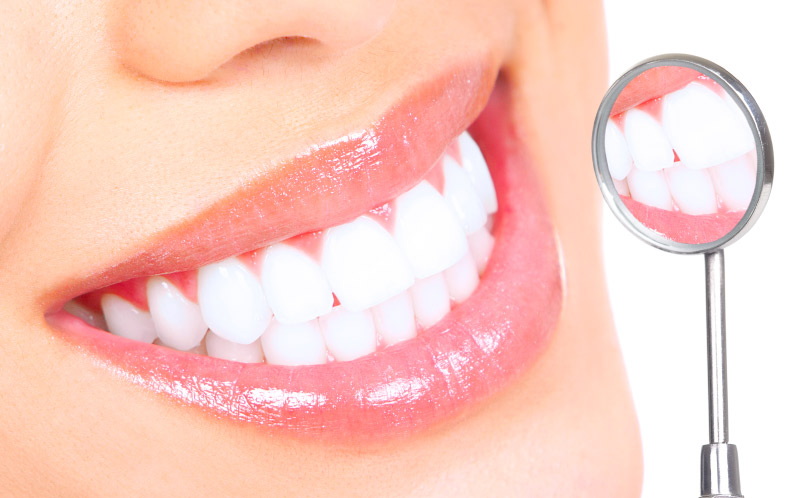
Having healthy teeth starts at home with proper oral hygiene habits. A balanced diet, regular dental visits, and brushing and flossing are all essential for maintaining good oral health. Parents are crucial in assisting children in brushing their teeth in forming these habits early on, laying the groundwork for a lifetime of healthy teeth and gums. Regular brushing with fluoride toothpaste and visits to the dentist can help prevent cavities, gum disease, and other dental problems. Everyone can enjoy a healthy, beautiful smile for years with a little effort and the right tools.
 10 Things to Consider Before Hair Transplant
10 Things to Consider Before Hair Transplant  A Big Thank You From MCAN Health London
A Big Thank You From MCAN Health London